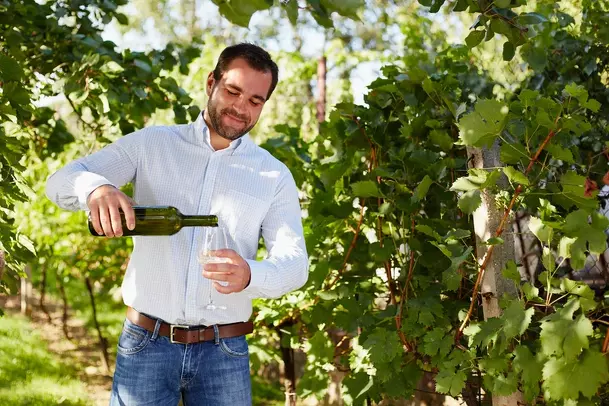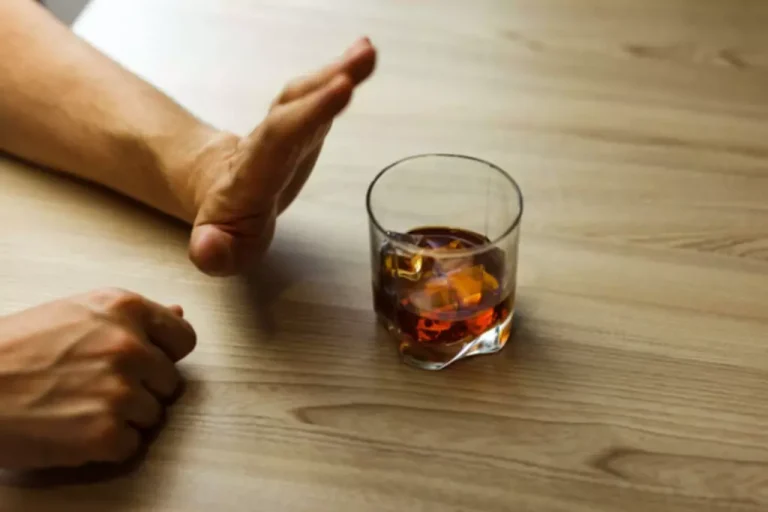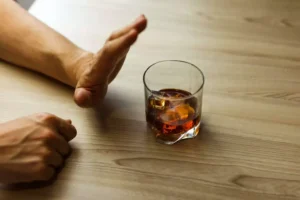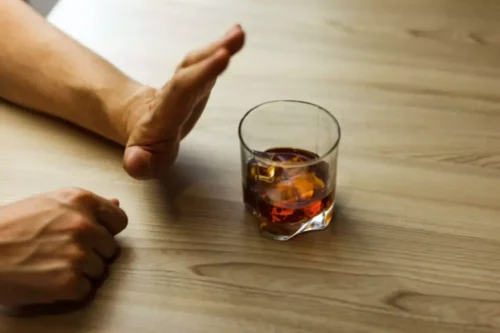
This could lead to alcohol-related health problems, damage to your body, and early death. Moreover, it can take one hour for your body to process one serving of alcohol. If you’ve had several drinks, it’s best if your last drink is finished does alcohol help you sleep at least several hours before you go to bed. For most people, alcohol induces a deeper-than-usual sleep in the first half of the night, followed by disrupted sleep in the second half of the night. Interestingly, the harmful effects of alcohol were more pronounced among young people compared with seniors.
How does alcohol affect sleep?
Drinks were converted into UK units of alcohol (whereby one unit is equivalent to 8 g of ethanol) using a conservative estimate of one UK unit for each measure of spirits and glass of wine, and two UK units for each pint of beer. These converted measurements were then summed to define the total weekly number of UK units consumed. Participants who did not drink alcohol in the past year were classified as ‘non-drinkers’. If alcohol continues to disrupt your overall sleep quality, you may consider cutting it out entirely, or limiting your intake before bedtime. If you’ve stopped drinking alcohol, but are still having sleep issues, be sure to reach out to a sleep specialist. It’s important to treat sleep disorders such as insomnia (difficulty falling or staying asleep) or sleep apnea (when breathing stops multiple time a night) if they are present.
Alcohol and Other Health Risks
A standard drink is defined as one 12-ounce bottle of beer or wine cooler, one 5-ounce glass of wine, and 1.5 ounces of 80 proof distilled spirits. During active wakefulness (i.e., when the person is awake and pursuing normal activities), the EEG is characterized by high frequencies (i.e., 16 to 25 Hz) and low voltage (i.e., 10 to 30 microvolts). EOG readings during wakefulness exhibit REMs, and EMG readings generally show a high amplitude indicative of large muscle movements. Founded in 2014, this site is dedicated to bringing you the most comprehensive sleep-industry information on the web. Head over to our About page to learn more about the team behind Sleepopolis. Alcohol has been shown to negatively impact sleep, but this comes down to the individual.
- This hypothesis is supported by the known rate of alcohol metabolism, which leads to a decrease in BrAC of 0.01 to 0.02 percent per hour.
- In sleep deprivation studies, however, elderly participants show increases in SWS on the recovery night after the sleep-deprivation period; possibly alcohol could similarly promote SWS in elderly people.
- Such studies indicate that alcohol interacts with sleep deprivation and sleep restriction to exacerbate daytime sleepiness and alcohol-induced performance impairments.
How do I get a good night’s sleep after drinking?

However, the researchers proposed that perhaps these effects on the circadian rhythm are only seen after several consecutive days of alcohol consumption. In support of the alcohol-melatonin connection, researchers have noticed that individuals suffering from severe alcohol withdrawal tend to have less pronounced melatonin levels and release. After a few drinks, these increased adenosine levels send us into a deep sleep. However, once the body realizes it’s had too much slow wave sleep, the homeostatic drive compensates by allowing us less deep sleep in the second half of the night.

Surprising Ways Hydration Affects Your Sleep
Thus, alcohol administration initially resulted in a reduction in core temperature, followed by a rebound increase in temperature. Such a temperature-reducing (i.e., hypothermic) effect of alcohol also has been observed in numerous other studies. Before we look at the effects of alcohol on sleep in detail, here’s the basic bottom line. The more you drink, and the closer your drinking is to bedtime, the more it will negatively impact your sleep. Even moderate amounts of alcohol in your system at bedtime alters sleep architecture—the natural flow of sleep through different stages.
Guy Meadows, a sleep researcher and co-founder of The Sleep School, an online platform offering science-based support around sleep, told Live Science that alcohol affects the four stages of sleep in different ways. In two separate studies, up to 28% of people said they use alcohol to help them fall asleep. With extended use of alcohol over time, there can be long-term concerns, too. Many who abuse alcohol often do it well into the night and oversleep into the next day.
- The N3 sleep stage, where we experience slow-wave sleep, is the deepest stage of sleep.
- Along with prescription medications and folk remedies, many have incorporated a glass or two of alcohol into their nightly routine to try to catch a few more hours of shuteye.
- It also leads to lighter, more restless sleep as the night wears on, diminished sleep quality, and next-day fatigue.
Another limitation is that we were not able to capture fully patterns of consumption in terms of binging. Drinking appears to have differential effects on sleep depending on chronic versus acute dosage18 Our cut-offs for drinking exposures and sleep problems are largely arbitrary and it is possible to other subtle relationships are masked. The repeated collection of alcohol and sleep data over such a long period is unique.

Only one daytime study using a modified MSLT assessed alcohol’s sleep effects during both the ascending and descending phase of the BrACs. That study found increased sleep latencies at peak BrACs relative to placebo, consistent with alcohol’s stimulatory effects under these conditions (Papineau et al. 1988). During the subsequent descending phase of the BrACs, however, sleep latencies were reduced relative to placebo, confirming alcohol’s biphasic effects.
Moreover, these effects can accumulate across nights (Roehrs et al. 2000a). Similarly, a disruption of sleep continuity by auditory stimuli, without reductions in overall sleep time, results in reduced alertness and performance efficiency in healthy people (Roehrs et al. 2000a). This fragmentation of sleep continuity is characterized by increased amounts of stage 1 sleep and brief awakenings.